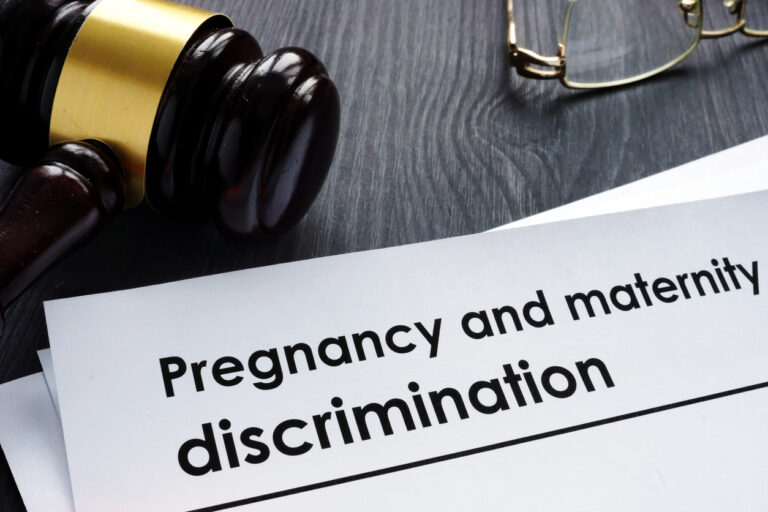CHICAGO, Ill — The U.S. Equal Employment Opportunity Commission (EEOC) sued R&L Carriers Shared Services to enforce a subpoena that the EEOC issued during their investigation of a sex and pregnancy discrimination charge.
“Assuring expeditious investigation of all charges, particularly those under a new law like the PWFA, is a priority,” said Amrith Kaur Aakre, district director of the EEOC’s Chicago District Office. “It is important that we obtain relevant information to be able to determine whether the law is being violated and ensure both Title VII and the PWFA are being followed and enforced.”
Discrimination Charges
The EEOC is investigating a charge of discrimination filed by a driver working for R&L Carriers in Matteson, Ill. The driver alleges that R&L Carriers discriminated against her based on her sex, failed to reasonably accommodate her pregnancy-related restrictions and placed her on involuntary unpaid leave.
To investigate this employee’s claims, the EEOC’s subpoena seeks, among other items, a list of employees (with their contact information) who worked at the same location from 2023 to the present and a list of any drivers in Illinois, Wisconsin, Minnesota, Iowa, South Dakota and North Dakota who requested accommodations for pregnancy-related restrictions from June 27, 2023 to the present. The EEOC filed suit in U.S. District Court for the Northern District of Illinois.
Pregnant Workers Fairness Act of 2022
The Pregnant Workers Fairness Act of 2022 (PWFA) specifically forbids placing an employee on leave when another reasonable accommodation is available; the law mandates that employees should be able to continue working if possible. The PWFA requires employers to provide reasonable accommodations for known limitations related to pregnancy, childbirth, or related medical conditions unless doing so would cause the employer an undue hardship. A reasonable accommodation under the PWFA can include temporarily excusing an employee from performing the essential functions of her job if the employee will be able to perform those functions in the near future, and the inability to perform the essential functions can be reasonably accommodated, such as through modified or light duty.
Both Title VII of the Civil Rights Act of 1964 and the PWFA, which became effective on June 27, 2023, authorize the EEOC to investigate alleged violations.
“If an employer fails to comply with a subpoena issued during an investigation and withholds relevant information, the EEOC will seek court enforcement so that investigations can be completed and a determination made without unnecessary delay,” said Gregory Gochanour, EEOC’s Chicago District Regional Attorney.
After the filing of the subpoena enforcement, the employer withdrew its objections to the subpoena and agreed to produce the information.
For more information on the Pregnant Workers Fairness Act, please visit www.eeoc.gov/wysk/what-you-should-know-about-pregnant-workers-fairness-act







